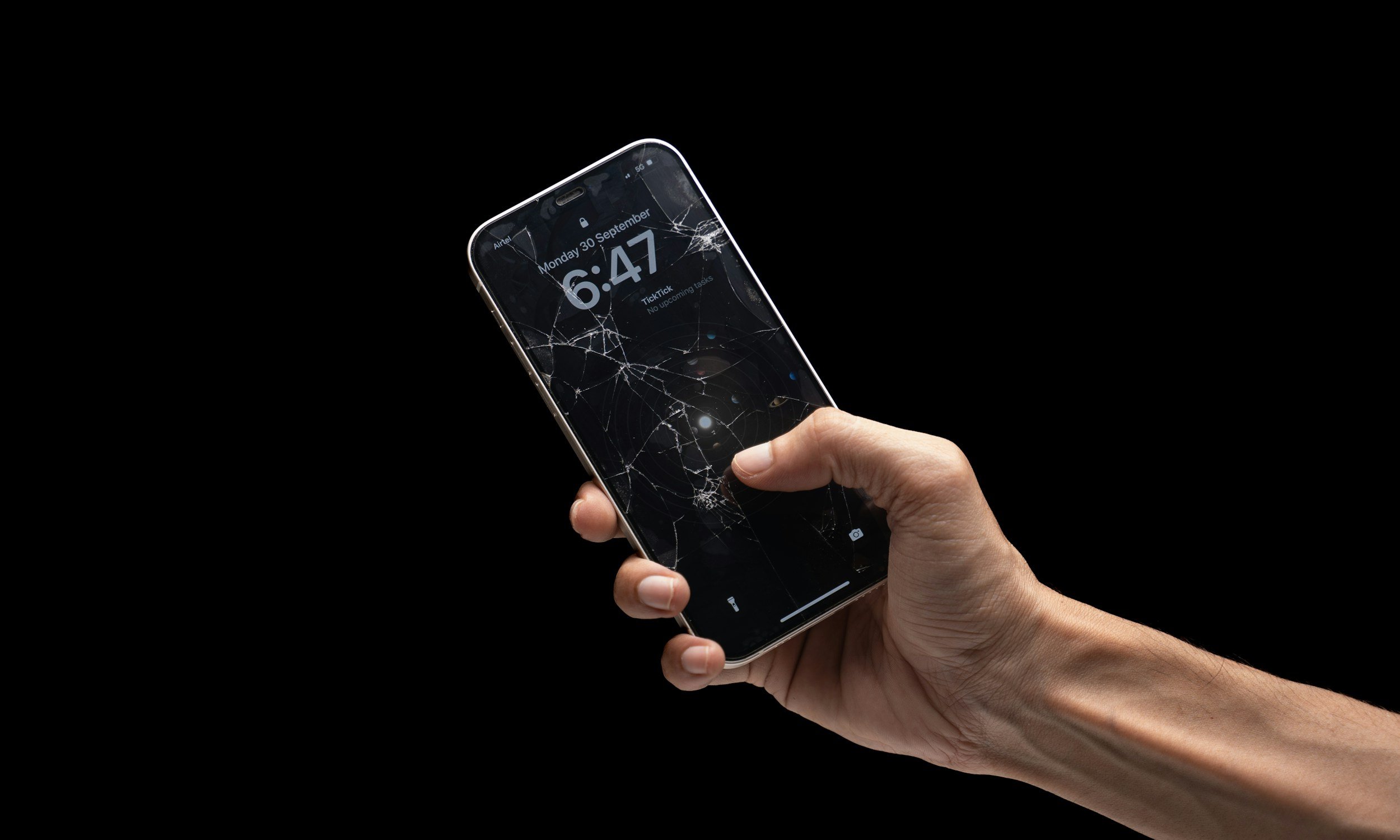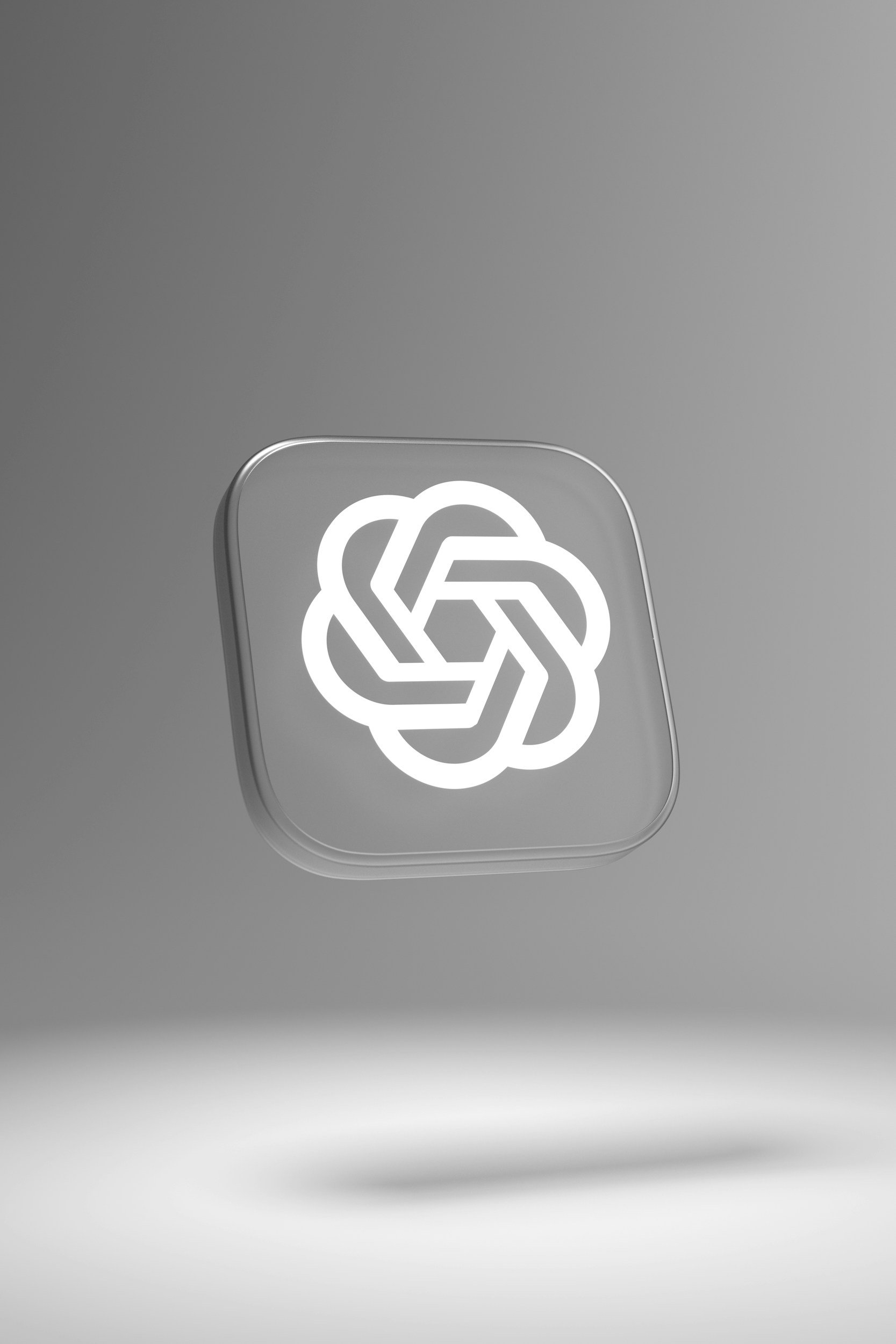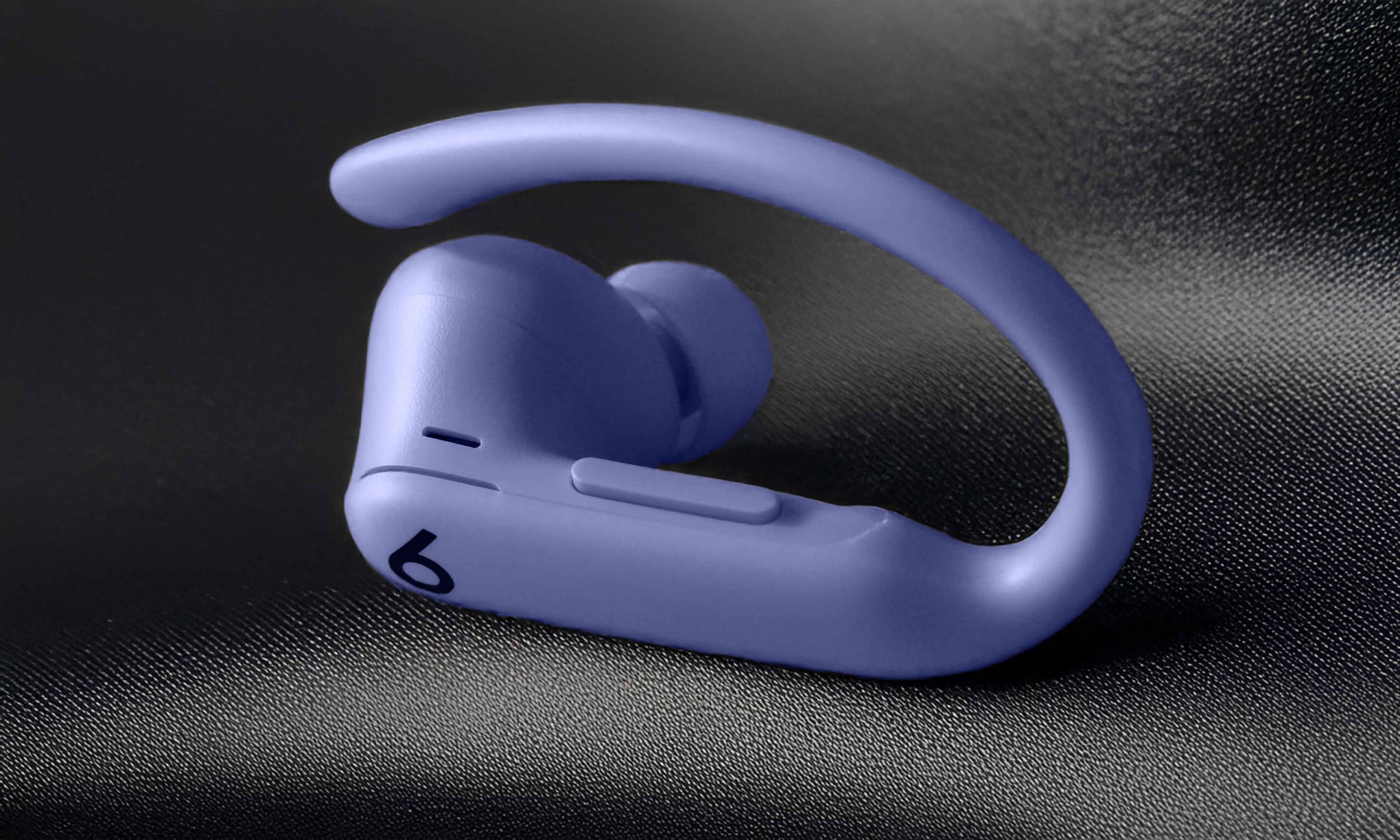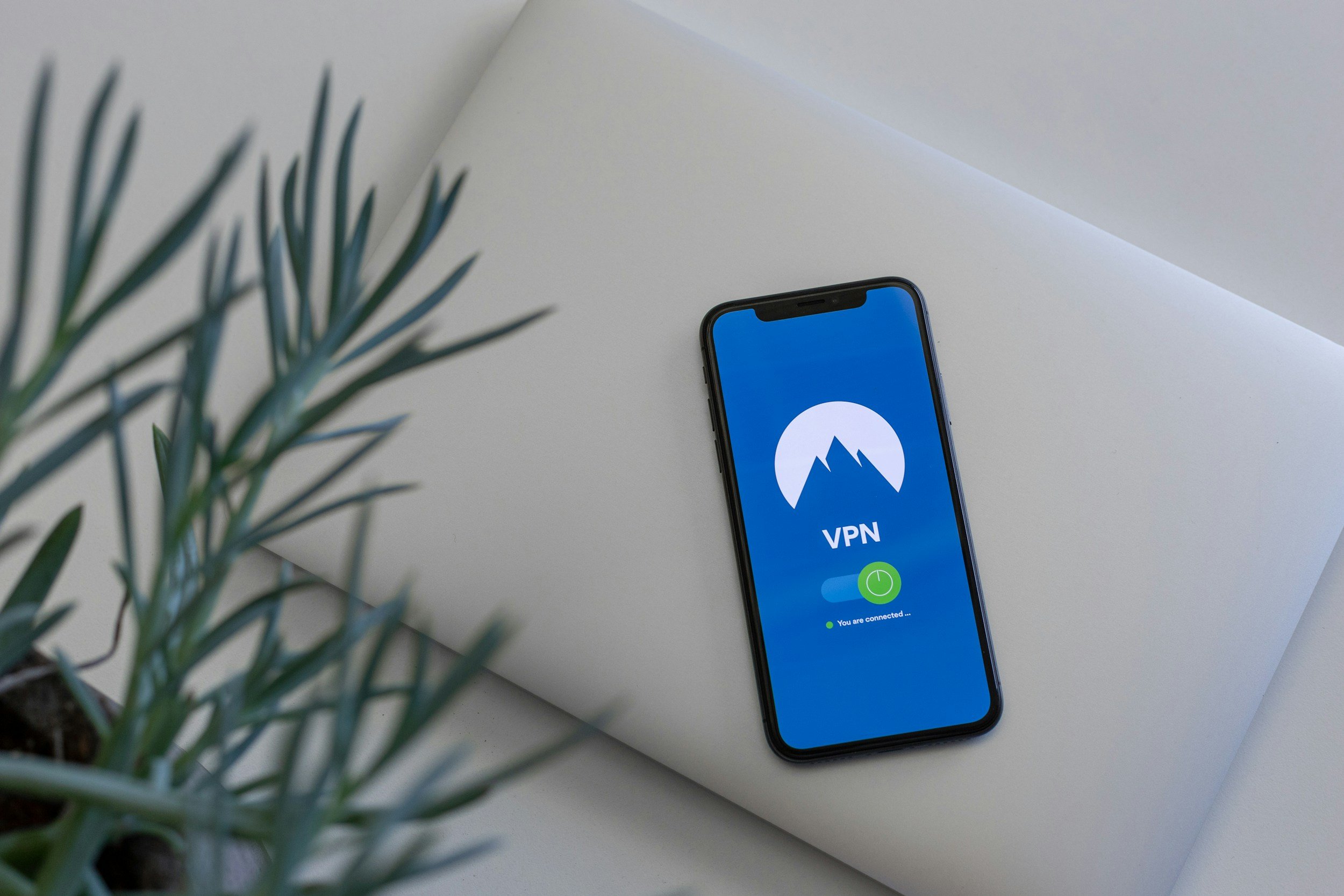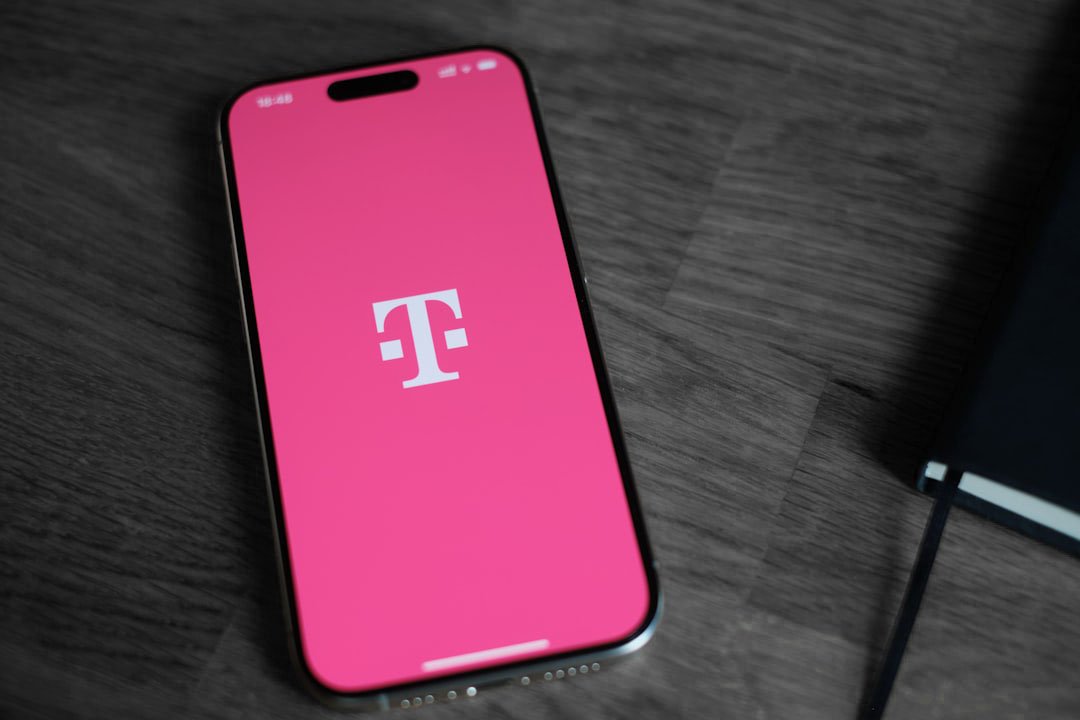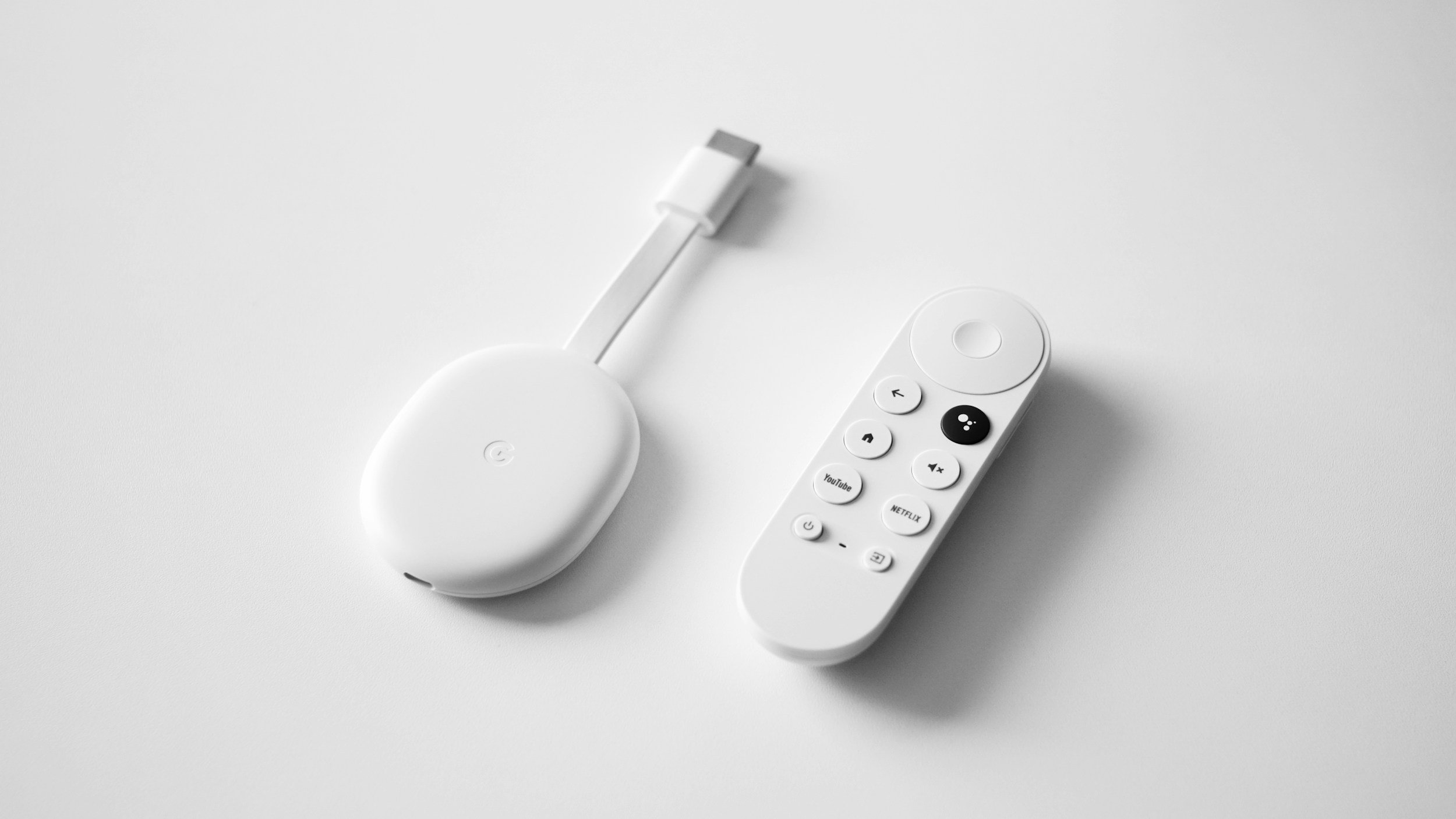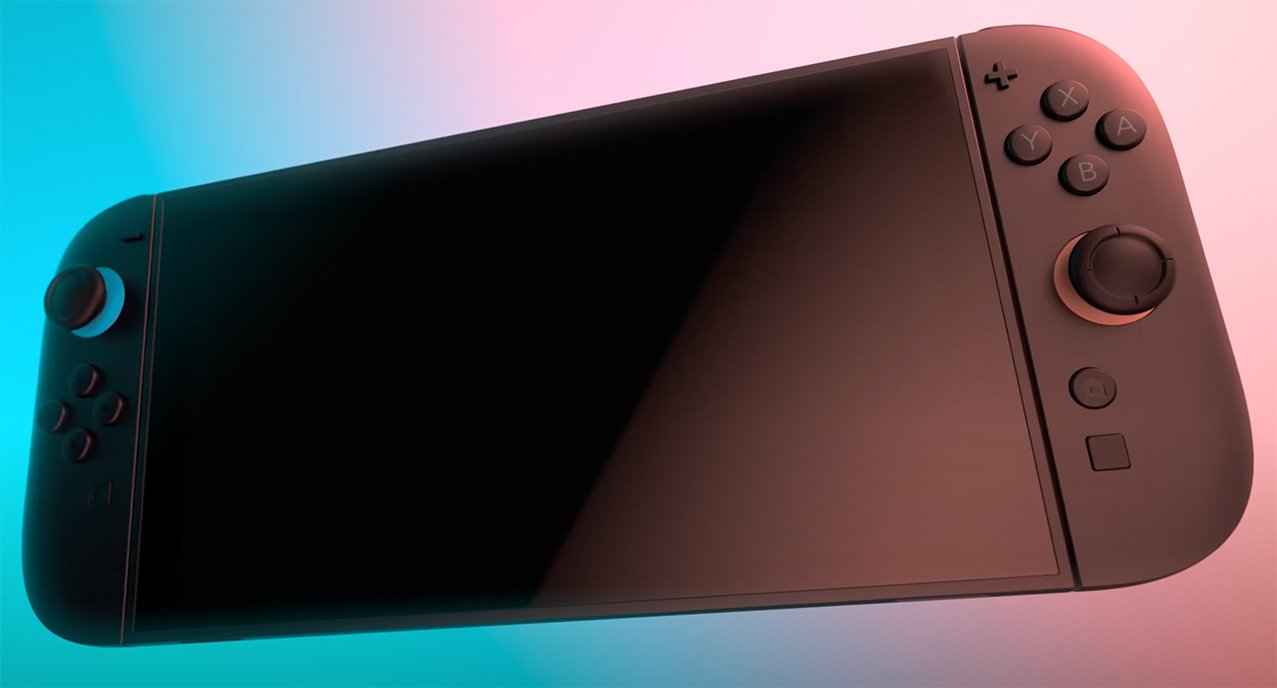How to Change the Wallpaper on a MacBook
When you purchase through links on my site, I may earn an affiliate commission. Here’s how it works.
Table of Contents Show
Let's be real for a second – Apple's default wallpapers are clean, but seeing the same hues of blues and purples every single time you open up your MacBook?
It kinda starts to blend into the background of your daily grind.
If you're feeling like your workspace could use a little refresh, something as simple as swapping out that wallpaper can inject some new energy into your day-to-day.
You see, the desktop wallpaper on your MacBook is like a canvas of your digital workspace, something you'll be looking at for hours every day.
So, changing your wallpaper can refresh your desktop – and by extension, your mindset – in a quite significant way.
Switching up your desktop aesthetic is super quick, super easy, and I'll be walking you through each step.
So, let's dive into how you can change your wallpaper on a MacBook and make your digital space feel a bit more 'you'.
How to Change the Wallpaper on Your MacBook
Revamping your MacBook's desktop with a new wallpaper is a breeze. Here's how you can do it using different methods:
Using System Settings
Open System Settings
Click on the Apple menu located at the top left corner of your screen and choose "System Settings."
Navigate to Wallpaper
Look for the "Wallpaper" option in the sidebar. If you don't see it right away, just scroll down until you spot it.
Choose Your Wallpaper
Here, you can choose from macOS's default high-quality images or use a personal photo by picking it from your own library.
Right-Click Method
Find Your Image
Just find the image on your MacBook that you want to use as your wallpaper.
Set Desktop Picture
Simply right-click on the image you picked and choose "Set Desktop Picture" from the menu that pops up. Your desktop will change to your new wallpaper right away.
From the Web
Download the Image
If you find an image online that you want as your wallpaper, just right-click on it and pick "Save Image As." Then choose where you want to save it on your MacBook.
Make It Your Wallpaper
Once you've downloaded it, you've got two ways to go:
Right-click on the saved image and hit "Set Desktop Picture."
Or, head to System Preferences > Desktop & Screen Saver, and add the image to your wallpaper options.
How to Customize Your MacBook Display Further
After you've selected that perfect wallpaper, there are a few more tweaks you can make to ensure it looks just right on your screen.
Let's get into the details of adjusting your wallpaper display options and setting up unique wallpapers for multiple displays.
Adjusting Wallpaper Display Options
When you've chosen your ideal wallpaper, macOS offers several options to ensure it fits your screen perfectly.
These settings are crucial because not every image is going to be the exact size of your display, and let's be honest, most people don’t like a stretched or pixelated background.
In the Wallpaper section of your System Settings, you'll find options like 'Fit to Screen,' 'Fill Screen,' 'Stretch to Fill Screen,' 'Center,' and 'Tile.'
Each of these options adjusts how your selected image will appear on your desktop.
Fit to Screen adjusts the image to ensure it fits within the dimensions of your screen without altering its aspect ratio. This means no stretching or squashing; everything looks as it should.
Fill Screen takes your image and enlarges it to fill the entire desktop, which might crop parts of the image if its aspect ratio doesn't match your screen.
Stretch to Fill Screen does exactly what it sounds like: it stretches your image to cover the entire desktop, which can lead to some distortion if the aspect ratios don't align.
Center places your image right in the middle of your screen at its original size, which is great for smaller images that you don't want stretched or altered.
Tile repeats your image across the screen if it's smaller than your display, creating a patterned effect.
In the end, choosing the right setting depends on your personal preference and the image you're working with.
I recommend you experiment with these options to find what best suits your style and makes your desktop look its best.
How to Fix Issues with the Wallpaper on Your MacBook
Having trouble changing your desktop wallpaper?
Let's check out some troubleshooting tips to get your desktop looking sharp again.
If You Can't Change Your Wallpaper
First off, if you've hit a wall trying to change your wallpaper, here's what you can do:
Check for Updates
Sometimes, the issue is a known bug that Apple has already fixed in a later update. Head over to the Apple menu, select "System Settings," and then click "General" followed by "Software Update" to see if there's an update waiting for you.
Restart Your Mac
It sounds simple, but often, a quick restart can resolve a plethora of issues. This can refresh your system's settings and potentially fix the problem.
Safe Mode
Booting your Mac into Safe Mode can help you determine if the issue is caused by something more systemic.
How to Enter Safe Mode on Your MacBook
For an Intel-based MacBook
Restart Your MacBook
Click on the Apple menu and choose "Restart."
Enter Safe Mode
When your MacBook restarts, just press and hold the Shift key right away. Let go of the Shift key once you spot the login window.
Test the Wallpaper Setting
Once you're logged in, give setting your favorite wallpaper another shot. If it sticks around even after a restart, it could be those pesky software conflicts acting up during the usual startup routine.
For a MacBook with Apple Silicon
Shut Down Your MacBook
Click on the Apple menu and select "Shut Down."
Enter Safe Mode
Turn your MacBook back on and keep holding down the power button until you spot the startup options window. Choose your startup disk, then hold down the Shift key while clicking on "Continue in Safe Mode."
Test the Wallpaper Setting
Once you log in, go ahead and tweak your wallpaper settings to how you like it. If the changes hold up and your wallpaper shows up right, it could mean that any issue might be due to software messing things up during your usual boot-up.
When the "Set Desktop Picture" Option Isn't Working
If you right-click an image and the "Set Desktop Picture" option seems to do nothing, here are a couple of tricks you can try:
Use Different Methods
If right-clicking doesn't work, try setting the wallpaper through System Settings directly, or vice versa. Also, opening the image in the Photos app and setting it as a wallpaper from there should work as well.
Dynamic Wallpaper Setting
For those experiencing their wallpaper reverting back after a restart, the culprit might be the dynamic wallpaper setting. Try switching to a static wallpaper instead. Navigate to System Settings > Wallpaper and choose a static image to see if that solves the issue.
Permissions Check
Sometimes, macOS might not have the correct permissions to change the wallpaper. You can check and adjust permissions by going to System Settings > Privacy & Security. Make sure macOS can access the folders where your desired wallpapers are stored.
Where Can I Find High-Quality Wallpapers?
Looking for high-quality wallpapers can be a journey itself, but there are tons of resources out there.
Websites like Unsplash and Pexels offer stunning, high-resolution images for free, covering a wide range of categories.
Whether you're into breathtaking landscapes or minimalist art, I am sure you’ll find something that catches your eye.
macOS Updates and Wallpapers
Apple knows how much we love fresh visuals, which is why macOS updates often include new default wallpapers.
These updates usually roll out annually, bringing not just system improvements but also a collection of stunning images perfect for your desktop.
Keep an eye out for these updates to refresh your workspace with Apple's latest aesthetics.
Conclusion
And there you have it, folks – changing your MacBook's wallpaper is one of the simplest yet most impactful ways to personalize your MacBook. It's all about making your workspace feel like yours, reflecting your style, mood, or whatever inspires you.
Now, I'm turning the spotlight over to you. Have you tried switching up your MacBook wallpaper recently? Did you find a hidden gem of an image or a clever workaround to personalize your space?
Feel free to share your stories and insights in the comments, or if you're more into social media, I'm all ears on my social platforms.
Oh, and before you click away, consider joining my newsletter crew. It's the place to be for the slickest tech tips, in-depth gadget reviews, and a peek into the latest tech trends you won't want to miss.
I'll catch you in the next post. A huge thanks for reading!
FAQ
-
Yes, you can use almost any image as your MacBook wallpaper.
Just make sure it's a high-resolution image for the best display quality.
-
Navigate to "System Settings" > "Wallpaper," then choose "Photos" from the sidebar.
Select the photo you'd like to use from your albums.
Alternatively, you can right-click on an image file and select "Set Desktop Picture."
-
macOS typically updates its collection of default wallpapers with major annual updates.
Keep your system updated to access new wallpapers.
-
In the "Wallpaper" settings, you can choose among several options like "Fit to Screen," "Fill Screen," and "Stretch to Fill Screen" to make your wallpaper fit your screen perfectly without distortion.
-
Websites like Unsplash and Pexels offer a wide range of high-quality, free images suitable for use as wallpapers.
Additionally, keep an eye out for new wallpapers included in macOS updates.
-
Yes, macOS includes dynamic wallpapers that change based on the time of day.
You can select these by going to "System Settings" > "Wallpaper" and choosing from the dynamic options available.
MOST POPULAR
LATEST ARTICLES










